How to Cap off Outdoor Electrical Wires? (7 Simple Steps)
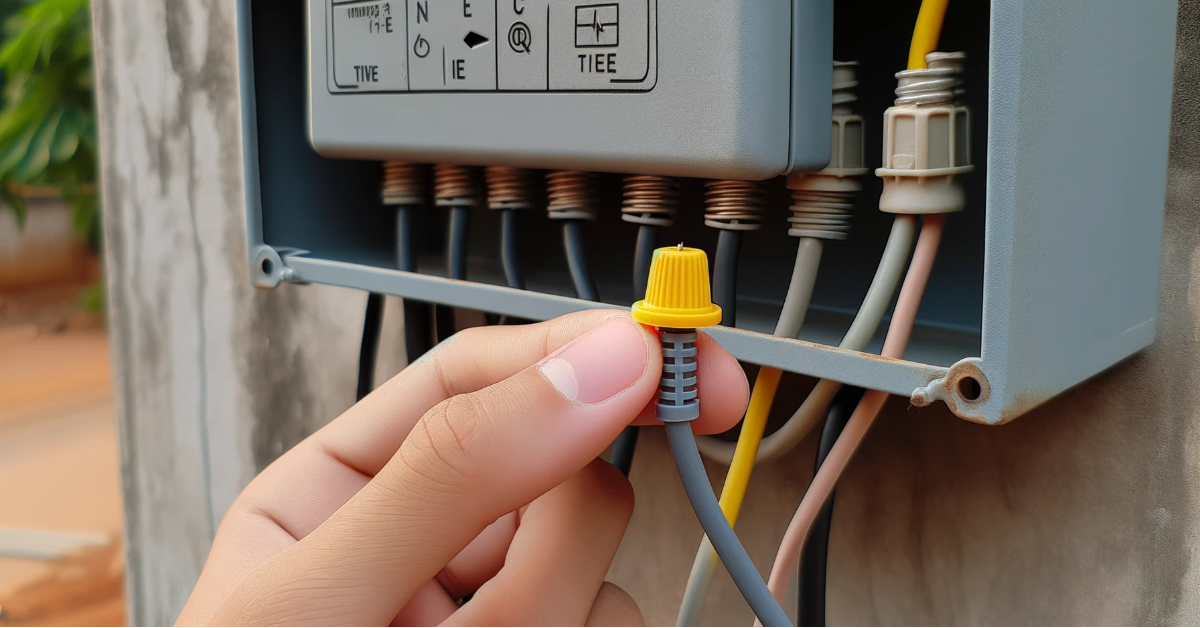
I will teach you how to cap off outdoor electrical wires in this article.
Exposed outdoor electrical wires can cause lots of safety issues. They can shock or electrocute someone. Or they might start an electrical fire. You should safely and properly cap off outdoor electrical wires to avoid this. Here’s how you can do it.
In general, to cap off outdoor electrical wires:
- Turn off the main power supply.
- Clean the area.
- Identify the wires correctly.
- Get suitable wire nuts for wires.
- Cap off each wire safely.
- Use electrical tape for all the wires.
- Turn the power back on.
I’ll go into more detail in the below step-by-step guide.
Step By Step Guide on How to Cap off Outdoor Electrical Wires
Things You’ll Need
- Few wire nuts
- Electrical tape
- Voltage tester
Step 1 – Turn off the Power
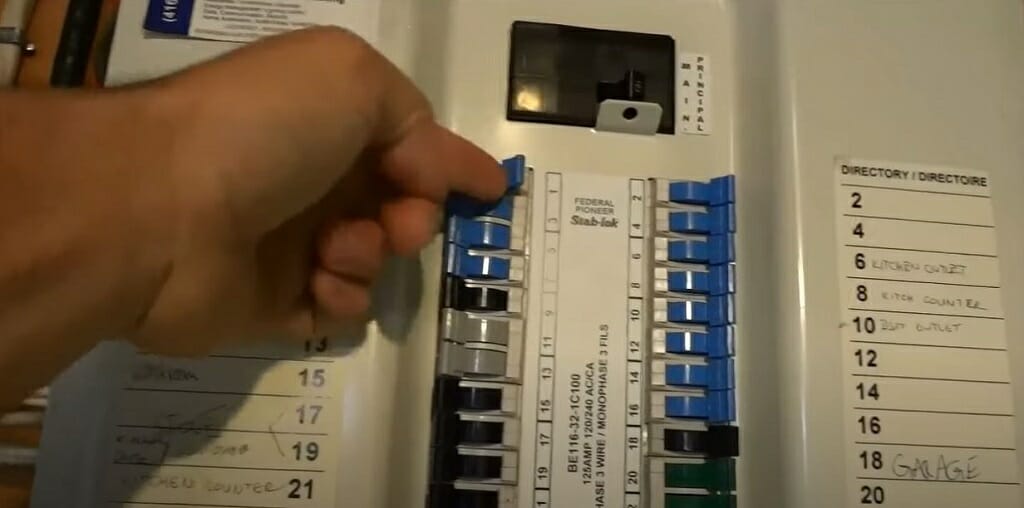
First and foremost, turn off the main power. This is a highly important step since you are the one who handles the electrical wires. Dealing with live wires can be fatal; never put yourself in that situation. So, locate the main electrical box and turn off the main breaker.
After that, check the outdoor electrical wires with a voltage tester. This step is optional, but it will clear any doubts in your mind.
Step 2 – Clean the Area
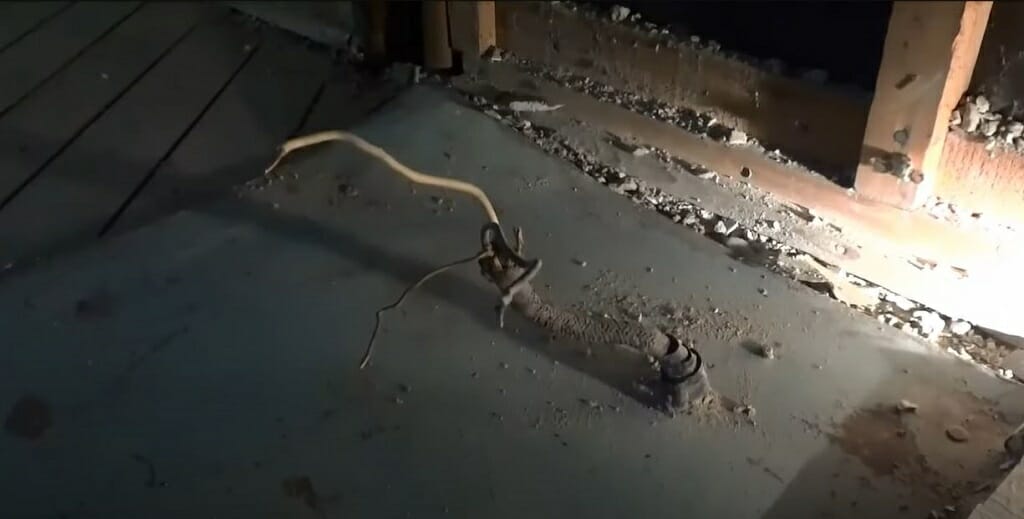
Then, go to the location of the exposed outdoor electrical wires. Before starting the process, make sure to clean the area. Remove any dirt and debris in the area. If the surface has water, remember to remove it.
Step 3 – Identify the Wires
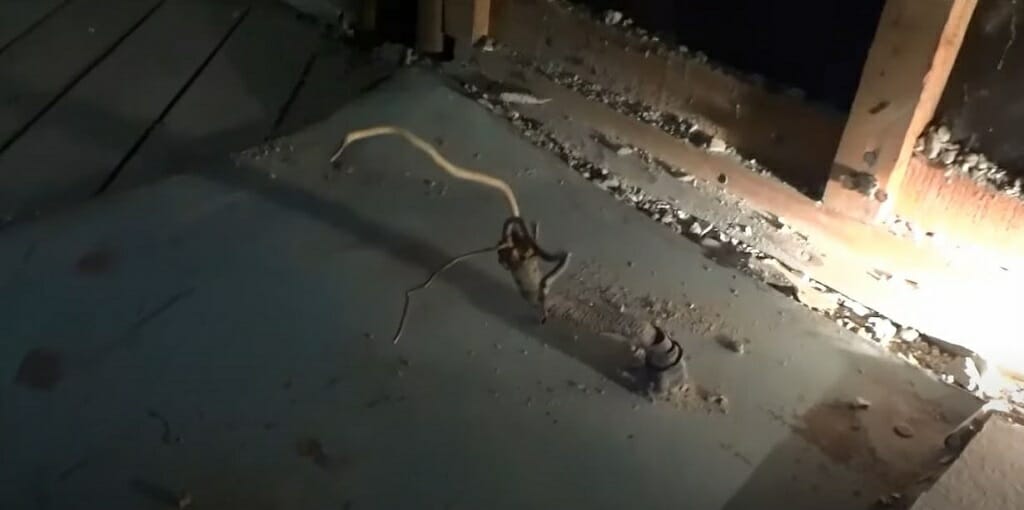
Often you can find three different wires in a home’s electrical systems. There should be a hot wire, a neutral wire, and a ground wire. You can identify each wire with its color codes. Here are the color codes for those wires.
- Hotwire – Black
- Neutral wire – White
- Ground Wire – Green or Bare Copper
The black wire carries the electricity from the main panel to the source. The white wire sends any unused electricity to the main panel. Lastly, the bare copper wire ground any excessive current on the circuit.
Why Should You Identify the Hot, Neutral, and Ground Wires?
You can cap off all three wires without identifying them or differentiating between them. Also, you can cap off the hot and neutral wires. Either way, properly identifying these wires wouldn’t hurt but isn’t required.
Step 4 – Get Suitable Wire Nuts
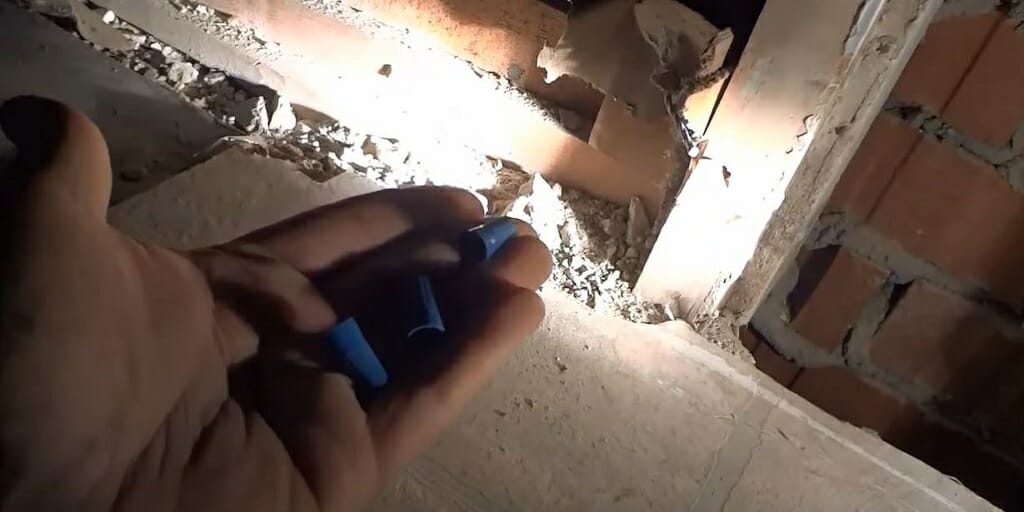
For this cap-off process, we are using wire nuts. If you aren’t familiar with wire nuts, they are little round objects made of plastic. Mostly, the wire nuts are used to tighten the wire connection. But here, we can use them to cap off outdoor electrical wires.
However, first, you must choose wire nuts according to exposed electrical wires. And here’s how to choose according to the wire size.
How To Choose Wire Nuts?
Choosing wire nuts according to the wire size is far more important than most people think. Otherwise, you might have too large or too small wire nuts. Too large wire nuts are useless since the cap-off of the process cannot be done correctly.
On the other hand, too small wire nuts won’t fit with the wire conductor. So, when you buy wire nuts from your local hardware store, ask about the wire gauge of the outdoor wires. The store clerk should be able to give you the correct one that fits.
Step 5 – Cap Off the Wires
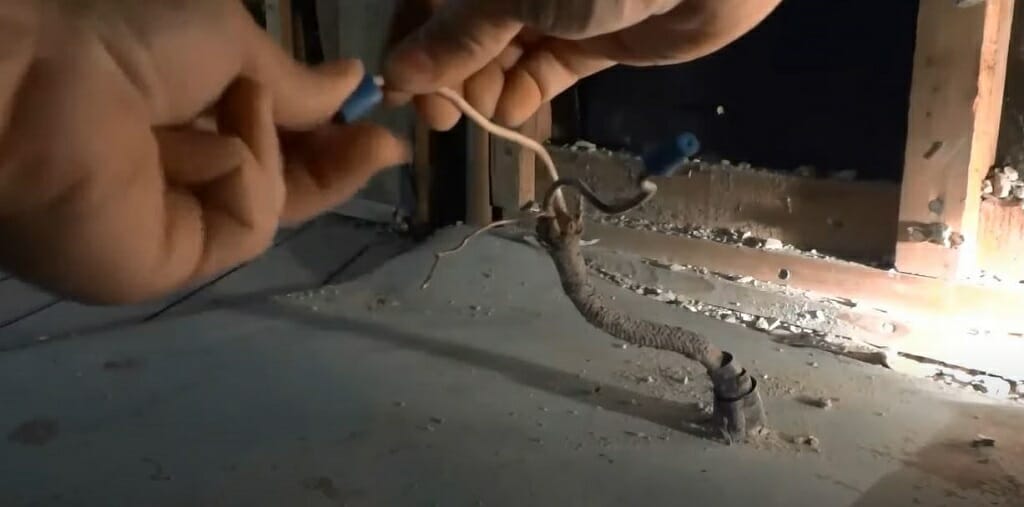
After choosing the correct wire nuts, insert the hot wire into the wire nut. Then, twist the wire nut until it gets tightened. Do the same for neutral and ground wires.
Step 6 – Use Electrical Tape
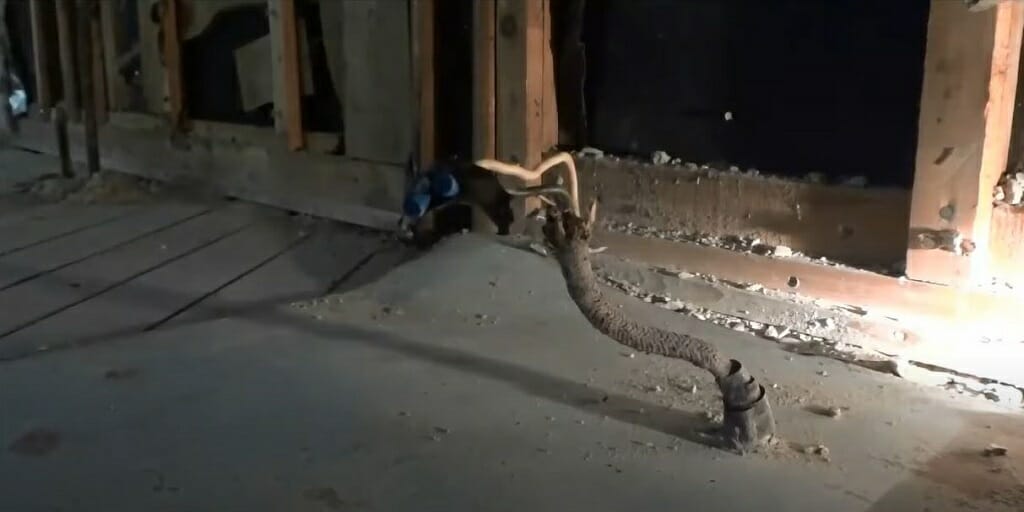
You’ll have to use electrical tape for all three wires in this step.
First, apply tape on each wire nut individually. The tape should be placed on the connection point of the wire and wire nut.
Then, grab all three wires and combine them using electrical tape, as shown in the above image.
Step 7 – Turn the Power Back On
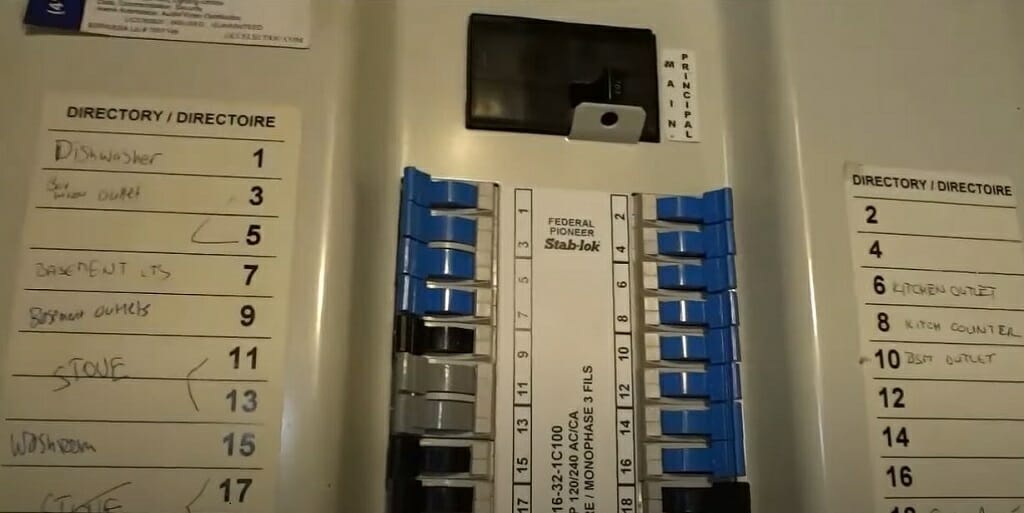
Finally, go to your main electrical panel and turn on the main breaker. Now it should be safe to turn on power since you successfully cap off the exposed outdoor electrical wires.
Important: If you are uncomfortable carrying out the above operation, hire an electrician. Remember dealing with such exposed wires can be dangerous.
Is Using a Weatherproof Junction Box Good?
Yes. Using a weatherproof junction box is always a good idea, even after you successfully cap off the outdoor electrical wires with wire nuts. A junction box gives the wires extra protection. And you don’t have to worry about water or other weather conditions since these junction boxes are weatherproof.
What Can Happen If You Didn’t Cap Off Your Electrical Wires?
Here are some of the worst and not-so-worst outcomes of exposed electrical wires.
Can Create Sparks
A live wire might create sparks while the electrons are moving. And this is the least dangerous issue, given that you only get away with sparks.
Can Start a Fire
Such sparks can lead to an electrical fire. Do you know that you cannot put out an electrical fire with water?
Shock or Electrocution
Exposed electrical wires can be deadly and could lead to shock or electrocution. So, always cap off outdoor electrical wires.
Video References
FIX IT Home Improvement Channel
Helpful DIY
